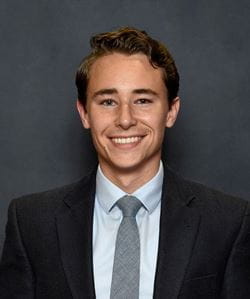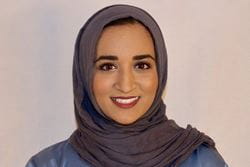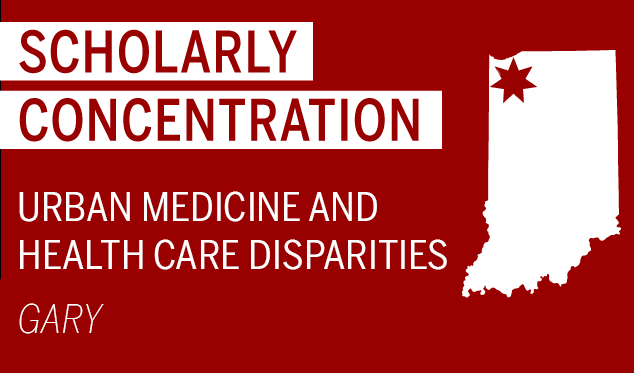This concentration provides students with an understanding of the historical and contemporary barriers that exist for the nation’s medically underserved populations in urban areas. Through coursework, students will investigate authentic cross-cultural and socio-structural determinants underlying health care disparities and demonstrate how sensitivity to such issues improves health care for all. Through scholarly project work, students will act as advocates by developing interventions to address or reduce health disparities.
Locations
Some concentration coursework can be completed online; some coursework takes place on the Northwest-Gary campus. The scholarly project work occurs on the Northwest-Gary campus.
Curriculum and Timeline
Students completing the Urban Medicine and Health Care Disparities concentration fulfill the same core curriculum as students in other concentrations. The didactic components provide a strong academic and experiential foundation in urban medicine and health care disparities that is vital for completion of the core curriculum project and product.

 Why did you choose to participate in the Urban Medicine and Health Care Disparities Scholarly Concentration, and how do you expect your participation to help guide your career in medicine?
Why did you choose to participate in the Urban Medicine and Health Care Disparities Scholarly Concentration, and how do you expect your participation to help guide your career in medicine? Why did you choose to participate in the Urban Medicine and Health Care Disparities Scholarly Concentration program?
Why did you choose to participate in the Urban Medicine and Health Care Disparities Scholarly Concentration program?

